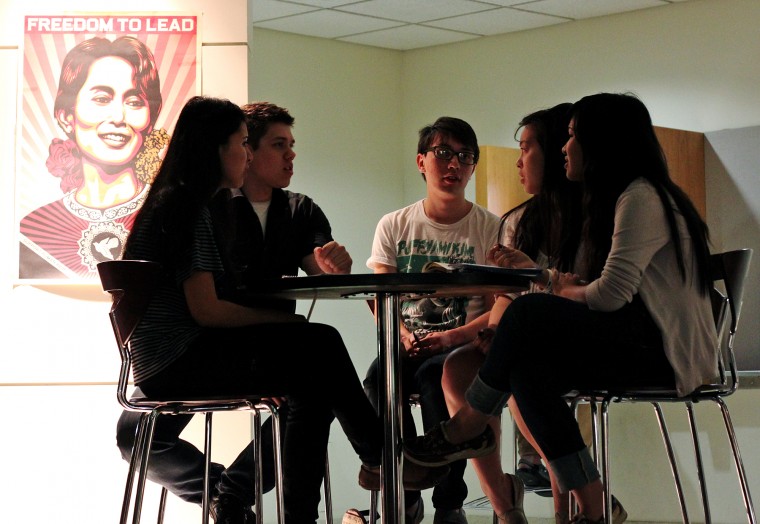Views expressed in opinion columns are the author’s own.
As we get acclimated to online college classes, it’s no surprise that student groups have sought out ways to continue their meetings and social connections. In fact, I think this situation can allow for innovation surrounding virtual and online student group activities.
For commuter students at the University of Maryland, it can be difficult to partake in student groups, especially if they meet on weekends or in the evenings. As someone who has lived on the campus during my four years at this university, the proximity to my room plays a big role in my ability to participate in student groups. As president of the English Undergraduate Association, I’ve had some members express that it’s difficult to join events that take place on the weekends or in the evening after their buses stop running.
In fall 2019, 39 percent of undergraduates at this university lived in university-owned housing. That’s about 11,900 of our 30,511 undergraduates at the time — which means that approximately 18,600 undergraduates lived off-campus.
I want to make a distinction: While living anywhere from barely-off-campus Terrapin Row to Gaithersburg technically makes you a “commuter,” it’s significantly more challenging to be a student who commutes (via car or public transportation) from the edges of College Park and beyond. Commuting from such a distance would make it inconvenient to stay in the evenings or return on weekends, especially if you have a specific bus or shuttle to catch.
I’m not the first to say that commuter students have it hard — commuters themselves have spoken out about the challenges of integrating into the campus community. In March, it was reported that 8,002 students at this university held a commuter parking pass. While it’s unclear how many of those students overlap with the approximately 18,600 off-campus undergraduates, it’s clear that many of those off-campus students use other transportation methods, since they don’t have a commuter parking pass.
Virtual student group activities have the potential to make student group participation more accessible for all students by eliminating the need for additional transportation or late-night drives back home. For the English Undergraduate Association, using this time to find new platforms to engage members has been valuable, since we normally have a higher number of off-campus students. We’ve been testing out an online version of our Creative Writing Club, and we hope to recreate our main monthly literary event online.
I hope this time will allow us to make online student group activities a more permanent addition to our semester agenda, even if that means having meetings online every once in a while or letting people call into meetings when they can’t attend in person. Personally, I’ve learned a lot about myself during this pandemic, reevaluating what I knew about online classes and staying connected through technology. There’s no reason we shouldn’t rethink other elements of our lives that we’ve taken for granted as requiring an in-person environment.
Liyanga de Silva is a senior English and women’s studies major. She can be reached at liyanga.a.ds@gmail.com.



